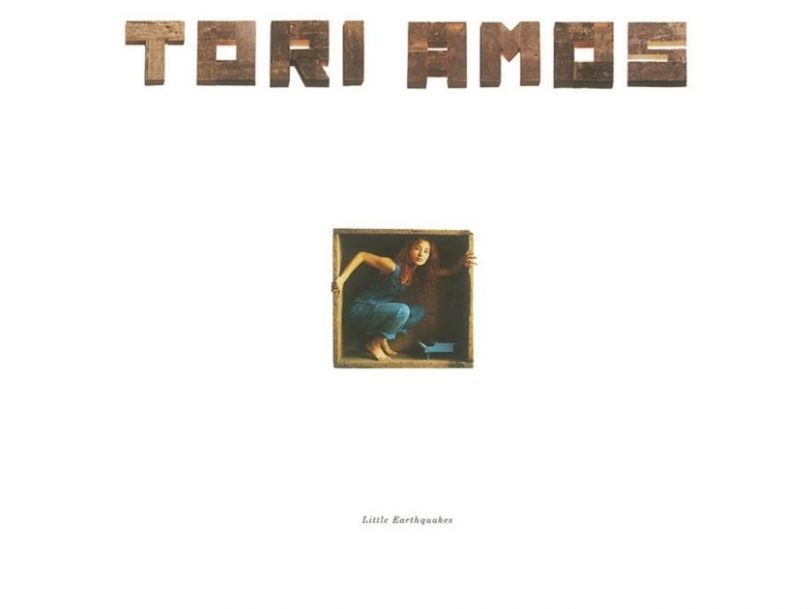Little Earthquakes, the debut solo album by singer-songwriter and pianist Tori Amos, marked her commercial and artistic breakthrough, and sounds as vital and powerful now as it did three decades ago. First released on 6 January 1992, it peaked at No.14 in the UK charts, with help from the singles Silent All These Years, China, Winter and Crucify, and it has since gone double-platinum in the US. In truth, however, every song on this seismic 12-track record – which regularly features in “greatest albums of all-time” lists – is a little masterpiece.
Listen to ‘Little Earthquakes’ here.
“What is my thing? What am I all about?”
The path to this success was not always smooth. Amos was born Myra Ellen to the Reverend Dr Edison Amos, a Methodist minister, and Mary Ellen (Copeland) in North Carolina. She adopted the name Tori when a friend’s boyfriend said she resembled a Torrey pine tree. A child-prodigy pianist, she won a full scholarship to the Peabody Institute at Johns Hopkins University in Baltimore aged just five – the youngest person ever to have been admitted – yet, by 11, she’d been expelled because of her interest in popular rock music and her insistence on playing music by ear.
That experience inspired the name of the synth-pop band she fronted, Y Kant Tori Read – her first serious foray into the world of rock. The band’s eponymous album, released by Atlantic in 1988, was largely ignored, an experience Amos now credits for delivering her back to her beloved piano. It took a nudge from a friend to remind Tori of her roots – at the time she didn’t even have a piano in the house – but once she procured an old upright there began a period of intense creativity. Amos often compares her deeply personal debut album with a diary – “at a certain point you go, ‘Well, what is my thing? Who am I? What am I all about?’” – and it was an anomaly in the era of guitar-based grunge.
“I guess I became a vigilante”
In its first incarnation, Little Earthquakes was rejected by Amos’ label. “Doug Morris, who ran Atlantic Records at that time in America, made a deal with me that if I turned in four more songs that weren’t just centred around the piano, but were more band-based, that we would move forward,” Amos told this author in 2015. “Those four songs – which were Girl, Tear In Your Hand, Precious Things and Little Earthquakes – kind of made the record a whole.




